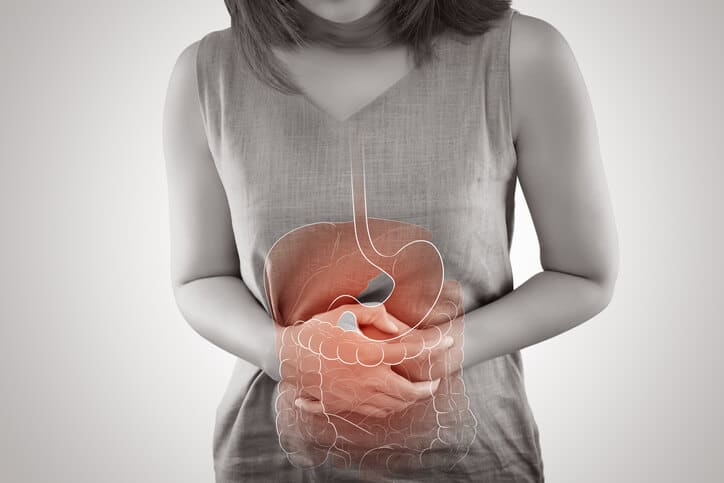An estimated 20% of adults suffer health issues related to food intolerances. While some food intolerances are obvious and easy to diagnose, others are much more difficult to track down. Especially if your intolerance is less common.
If you suffer from symptoms of food intolerance but don’t know what foods could be triggering your symptoms, then a food intolerance test or metabolic testing can bring clarity to your situation.
Continue reading to learn about food intolerances and how food intolerance testing can help you, or contact Port Orchard Natural Medicine & Aesthetics to schedule a consultation with our food intolerance specialist.
What are Food Intolerances?
While many people use the words allergy and intolerance interchangeably, they are not the same thing.
A food allergy will cause a range of unpleasant symptoms in a person which is the result of an immune system reaction. Allergic reactions can be mild in the case of skin reactions or rashes, or severe such as in the case of anaphylaxis and other life-threatening reactions.
Food intolerances, on the other hand, are not life-threatening and present symptoms in the form of digestive issues and discomfort, not an immune system reaction. Food intolerances occur when your body has difficulty digesting certain foods or proteins.
Lactose and gluten are the two most common intolerances and are the result of your body being unable to correctly break down gluten (a protein) and lactose (a sugar). Find more about ideal protein weekly meal plan.
Symptoms of Food Intolerances
Common symptoms that indicate a food intolerance are:
- Bloating and distention
- Tummy pain
- Gas
- Irregular bowel movements (such as diarrhea or constipation)
- Tummy gargling
- Headache or migraine
How Can Food Intolerance Testing Help Me?
Food intolerance testing and diagnosis can be extremely liberating. While food intolerance testing might seem daunting at first, there’s freedom in truly understanding your body and what it needs to function optimally.
Food intolerance testing will help you better understand your body’s unique relationship with different foods. Once you know the foods that cause your symptoms, you will be able to make the necessary changes to your diet and lifestyle and feed your body what it truly needs.
Without food intolerance testing, you won’t be able to eliminate unpleasant food reactions and will continue to suffer from your intolerance. By understanding how certain foods make your body feel and react, you can truly nourish your body and feel your best.
What Does Food Intolerance Testing Involve?
Food intolerance testing is more difficult than food allergy testing. While a food allergy test can be done with a needle prick, food intolerances must be observed and monitored to find a correlation between certain foods and symptoms.
Patients who are trying to identify food intolerances are usually instructed to keep a food diary and monitor how they feel after they’ve eaten certain foods.
Food intolerance testing is best done under the guidance of a dietitian or naturopathic doctor who can help you find the correlation between foods and physical wellbeing.
What to Do if You Suspect a Food Intolerance
Here are 4 things you should do if you suspect that you have food intolerance:
- Contact a naturopathic doctor and schedule a consultation: naturopaths are doctors who seek to find natural, holistic ways to heal the body. Working closely with a naturopath during the food intolerance testing will help you better understand your body’s sensitivities to specific foods.
- Rule out the possibility of a food allergy: this can be done with a blood or prick test and should be done to rule out the possibility of a serious allergy.
- Do an elimination diet: a naturopath or dietician can work with you during a food elimination phase to ensure that you are getting adequate nutrition while also eliminating potential food intolerances.
- Reintroduce suspect foods: during the reintroduction phase of food intolerance testing, you should be actively recording your intake of specific foods and how you feel after consuming them. It’s important to work closely with a naturopath or dietician who will be able to take a closer look at your notes in search of correlations between your diet and your reactions.
Get in Touch With a Naturopathic Clinic Today
Here at Port Orchard Natural Medicine & Aesthetics, our resident naturopathic doctor, Dr. Robertson, is passionate about helping our patients resolve their dietary concerns.
If you suffer from symptoms of food intolerance, contact our clinic and schedule a consultation today. We can answer all your questions about food intolerance tests and help you get back on the road to optimal nutritional health.


